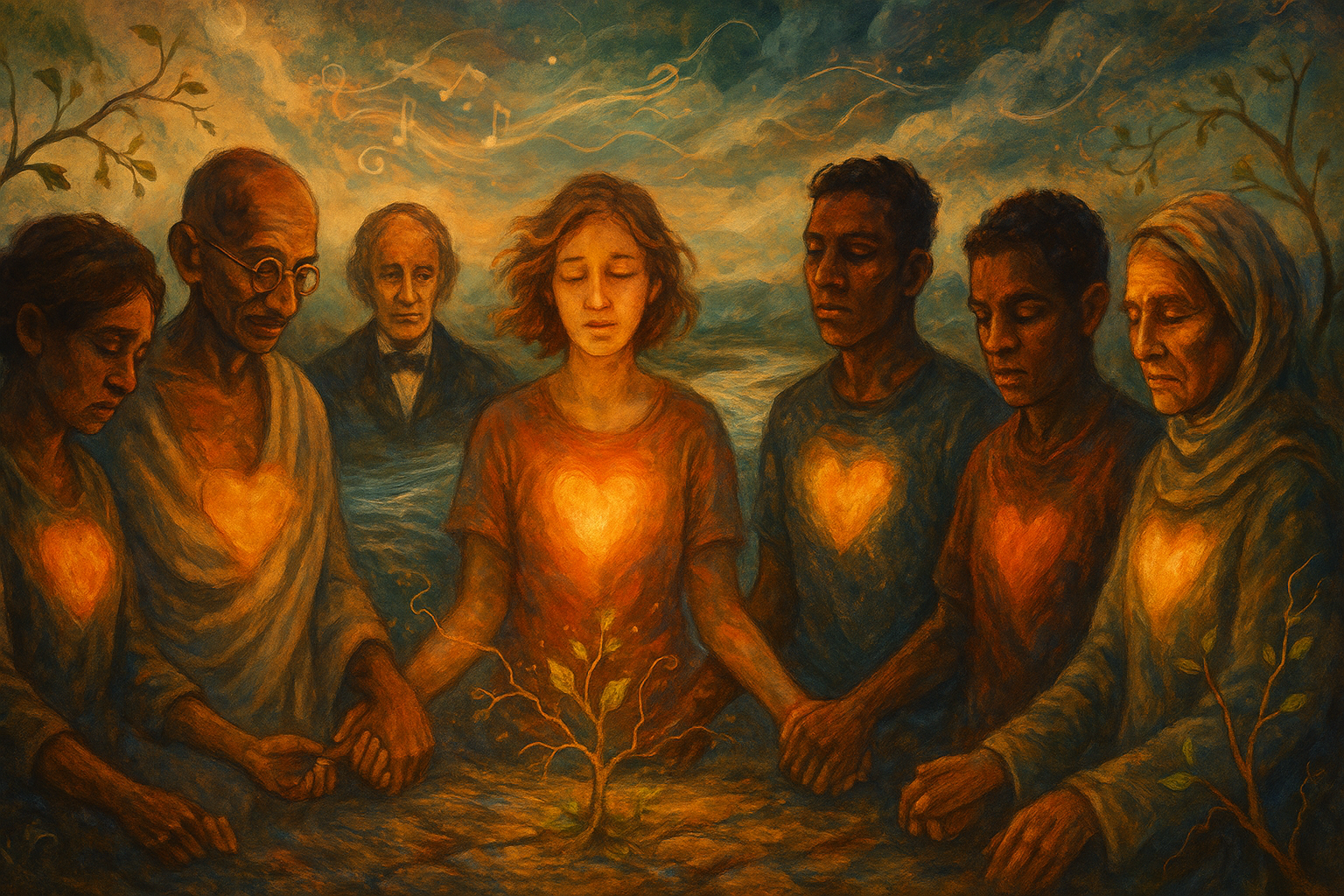READ IT TO ME: Click play to listen to this post.
“The company which I need is the company which a pub or a café will provide. I have never wanted a communion of souls. It’s already hard enough to tell the truth to oneself.” – Iris Murdoch, Under the Net
“Admitted to God, to ourselves, and to another human being, the exact nature of our wrongs.” – Step 5
“Integrity is telling myself the truth and honesty is telling my truth to someone else.” – Spencer Johnson
You tell yourself this 12-Step recovery thing is getting to be a little much! You told a group of strangers your deepest darkest most embarrassing secrets about your addictive behavior. They told you to trust a Higher Power that you have not even conceptualized. Then they tell you to turn your life over to the care of God as you understand God. You don’t even believe in God and you’re trying to figure out an alternative. Then you are asked to list all your defects and flaws against a column of strengths. Even though there are far more strengths than you imagined, all you could think about are the shortcomings.
Now, your sponsor wants you to admit to another person the nature of your wrongs. In other words, spill your guts about defects that you have felt so shameful about your entire life! Does this process ever stop? What is the value in it all?
There is personal power when you tell your story. Every word is healing! Your addiction story is about the ugly, disgusting details of addiction behavior. Putting your behaviors to the light of day and in the presence of other support people is healing for you. Identifying the contributing dynamics that fueled your addiction (abuse/shame/deprivation/entitlement) is liberating.
The deepest truths in all your life are uncovered when you tell your story. There is no greater source for healing than that which is found within the roots of your own life story. This is where you find God, the Divine, Energy, or your own Brilliance. It’s all the same. The long journey involves an inward pilgrimage to find Home. It is not outside yourself but within that, you find peace as a dwelling place.
When you open your heart for others to see inside you are as close to Home as you will ever get. Yet, most who take this journey for the first time do not even recognize Home when they arrive. It’s scary and intimidating!
The 12-step program is an invite to emotionally grow yourself up. You are invited to stalk your emotional immaturities in Step 5 and strengthen your sense of self, understanding and underscoring your positive traits.
In order to do this work, you must stalk your character defects. This means to uncover and admit them. It is empowering to do this with your sponsor or other support person. The purpose is to help you recognize that your flawed conduct is about your behavior and not your sense of self.
You say “easier said than done!” Of course, it is difficult. It will require you to access the adult within you that has already addressed tough stuff in recovery and other aspects of your life. It is your adult self that must separate your flawed behavior from your personhood.
You begin this process by telling on yourself. This is what Step 5 is all about. Step 5 is not a one-and-done process. It is a step that you will do for the rest of your life. It’s about going deeper and deeper, uncovering shortcomings, and mining your own personal brilliance as a resource.
You learn to put the shame on the behavior and not yourself. You will recognize that you have committed shortcomings and have weaknesses without concluding that your defects are who you are. You will learn to cultivate acceptance and compassion toward your sense of self.
This is another huge step toward transformation. Rather than trying to embrace the whole enchilada and relating to the process as “one and done”, you learn to quietly reassure yourself that managing your shortcomings is an important voyage along your long journey home.
Step 5 requires relational safety in community. In one sense, when you become emotionally naked by exploring your character flaws with others, you are creating a sanctuary that provides a sanctuary for belonging. It becomes a space to accept your own acceptance of character flaws while staring at imperfection. It is a place to grow yourself into adult maturity, and discover your brilliance.
Step 5 cultivates a shared mutuality. When you share a common flaw and weakness, it creates a powerful oneness because you discover that others have some of the same character flaws that you thought only you possessed.
In this context, this community becomes a safe place to confront ugly, narcissism, grief, and loss. It is a place to build connections through cooperative brave sharing and not through comparison or competition.
As you share your Step 5, you begin to realize another paradox of recovery. It isn’t the common strengths, but the shared weaknesses that heal and promote personal brilliance.





